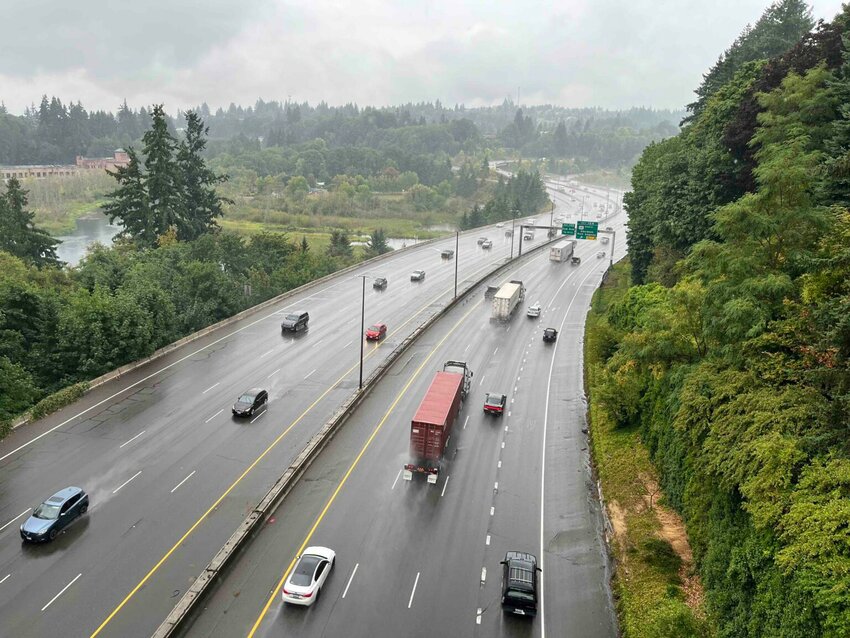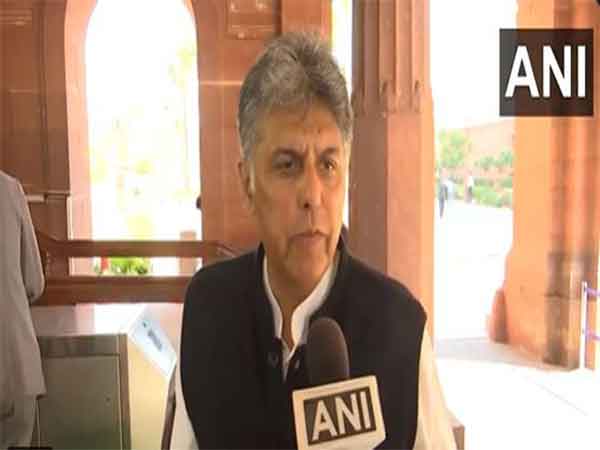
Lawmakers in the Washington House and Senate will have plenty of negotiating to do as they try to reconcile competing transportation budget proposals, which both depend on gas tax hikes. The state House approved its $15.2 billion plan Wednesday, setting the stage for the talks.
The legislation differs from the Senate version in significant ways. First, the Senate’s budget is over $1 billion bigger. Second, the Senate has shifted a chunk of spending tied to removing barriers to fish passage out of its purview and over to the capital budget.

The House includes nearly $1.2 billion in the next two-year budget to deal with these culverts. The Senate maneuver halves the potential $8 billion shortfall over the next six years.
And third, while both proposals rely on tax and fee hikes, the mix in each differs. The Senate’s plan includes a 6-cent increase in the state’s current 49.4-cent gas tax , with 2% increases each year after to account for inflation.
The House goes further, looking to raise the state tax 9 cents, and then index it to inflation. Both hikes would take effect July 1. The Senate gas tax proposal would raise $1.
5 billion over the next six years, lawmakers say. The House: $1.8 billion.
The gas tax increases are not the only ideas in the House and Senate to raise revenue for transportation. In the House, the options include a new highway use fee based on fuel efficiency and an increase in the vehicle sales tax. And in the Senate, they include a hike in electric vehicle fees, a new tax on luxury vehicles costing more than $500,000 and a fee for operators of venues with large-scale events.
The Senate’s revenue package would bring in $3 billion over the next six years. The House’s would raise about $4.4 billion.
About $1 billion of that House revenue would be available for the 2025-2027 biennium. That money would help pay for infrastructure for cars, ferries, bikes and pedestrians. That includes $1.
9 billion for ferry operations and capital projects, $900 million for highway preservation and over $300 million for rail and port improvements. The Senate passed its more than $16 billion transportation budget , as well as its bevy of revenue proposals, over the weekend with some Republican support. The House didn’t act on its tax bill, only passing the budget it would help fund.
The House approved its budget on a 66-30 vote, with a handful of Republican yes votes and a few Democratic dissents. “The House can look at this proposal and know that this is fiscally conservative,” said Rep. Andrew Barkis, the top Republican on the House Transportation Committee.
“This is the proper fiscal approach. This is looking at work within our means, first and foremost.” Skyrocketing construction costs and slowing gas tax collections have left lawmakers searching for new options for years.
They now face a $1 billion shortfall in the next two-year budget. Without new state revenue, they warn of road projects sitting half-built. Even with more money, the House budget would still punt on $1.
3 billion worth of projects between 2025 and 2031. That’s meant tough conversations with some legislators who are unhappy work in their districts won’t get done anytime soon. “They understand that sometimes you don’t get what you want when you want it, but you have to persist and there will be a payoff at one point in time for being patient,” said Rep.
Jake Fey, a Democrat from Tacoma who chairs the House Transportation Committee. The Senate plan also includes 13 unpaid days in the next fiscal year for state transportation workers, with some exceptions. The House proposal doesn’t use furloughs to save money.
On the House floor Wednesday, lawmakers added a $350 million reserve fund to cover sudden increases in costs for highway maintenance and ferry replacements. The legislative session is scheduled to end April 27. “This is a balanced approach,” Fey said.
“I’m looking forward to what happens in the future this legislative session, and there’s going to be a lot of hard work.”.











